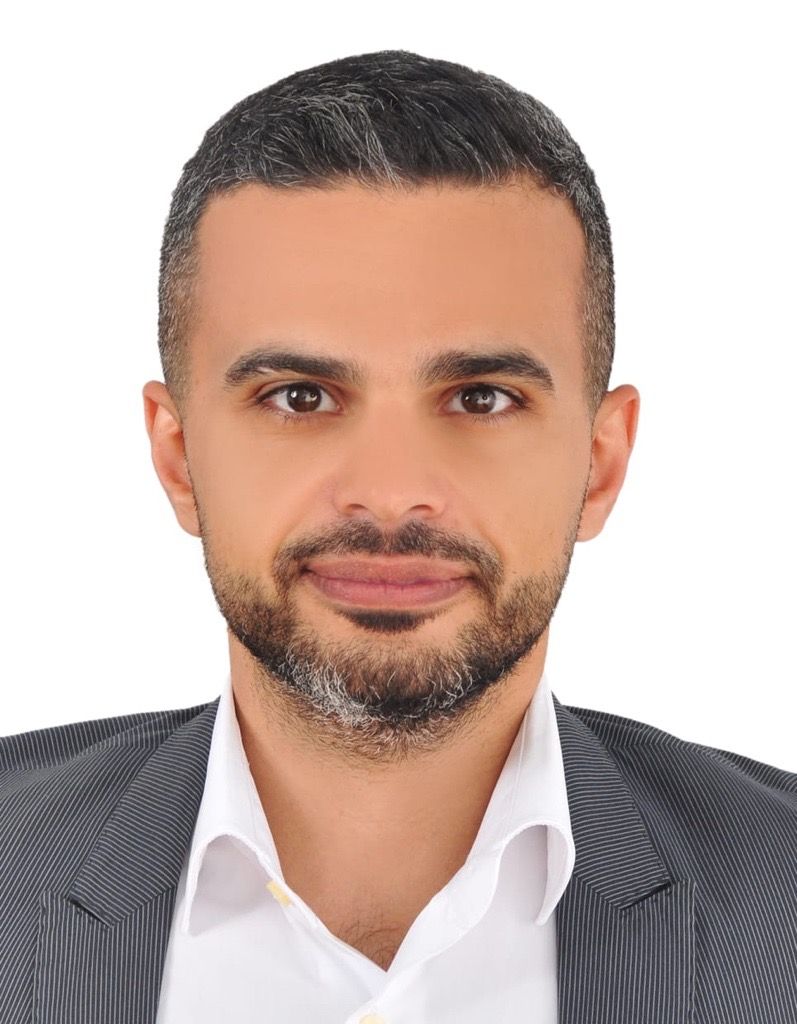
Omar Alfarisi
Senior AI Technology Advisor
Dragon Oil
Hackathon Chair
Hackathon Champions

Mohammed Al Kobaisi
Associate Professor
Khalifa University

Jasem AlMansoori
Reservoir Engineer
Dragon Oil

Hadi Belhaj
Associate Professor
Khalifa University

Magdi ElDali
Senior Geologist
Dragon Oil

Muhammad Gibrata
Senior Petrophysicist
Dragon Oil

Alaa Hassan
Data Analytics Specialist
Dragon Oil

Qingfeng Huang
Senior Reservoir Simulation Engineer
Dragon Oil

Lamia Rouis
Manager Reservoir
Dragon Oil

Safiya Sherman
Innovation Process Analyst
Dragon Oil
